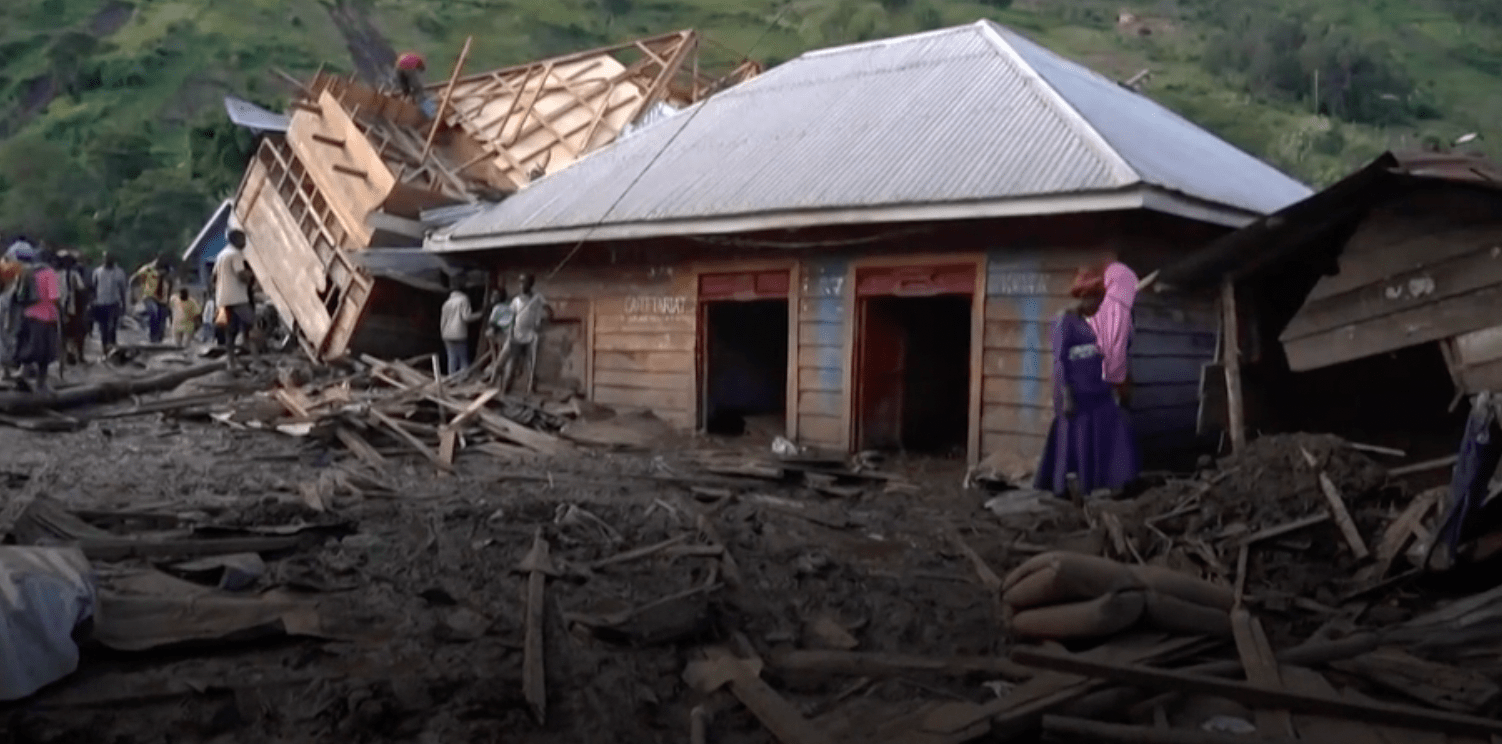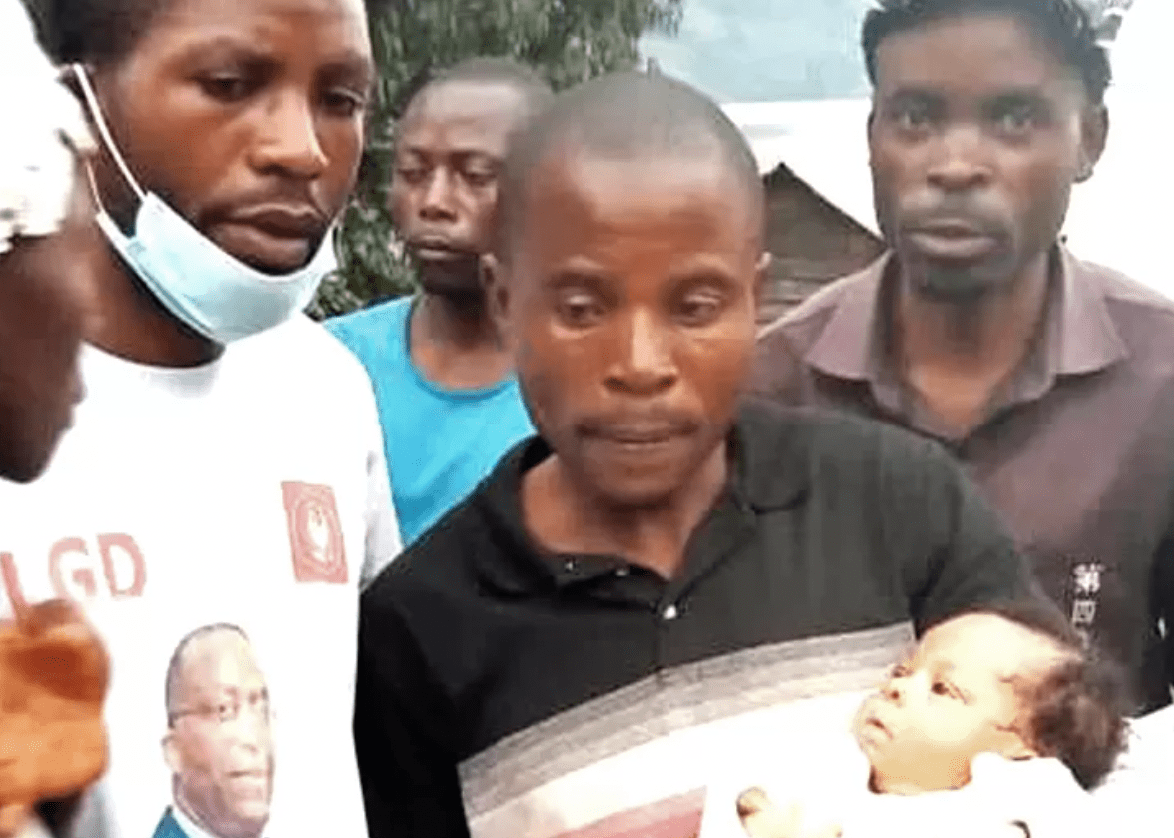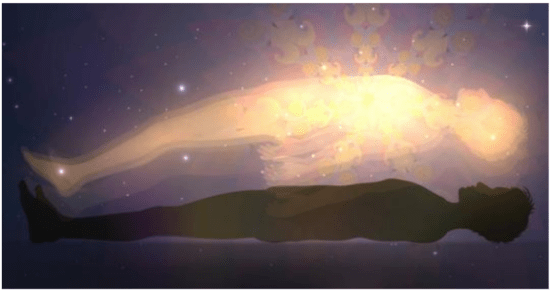In the aftermath of floods that claimed over 400 lives in eastern DR Congo, two babies were rescued floating near the shores of Lake Kivu, days after the disaster.
Although their parents perished, the community is in contact with individuals who can provide care for the infants, according to local leader Delphin Birimbi, who describes the event as a “miracle” that left everyone amazed. It remains unclear how the babies managed to survive for three days in the lake, but witnesses report that they were found floating on debris.
The rescues took place on Monday in Bushushu and Nyamukubi, the two villages hardest hit by the floods. The incident has brought about distressing scenes in the affected communities, with the Congolese Red Cross raising concerns over the odour of decomposing bodies and piles of dead bodies wrapped in blankets.
As of Wednesday, additional corpses were discovered in the mud, bringing the total death toll to at least 411. However, local leaders say identifying all the victims is a challenge as some were visitors from nearby towns attending the market on the day the rains struck.
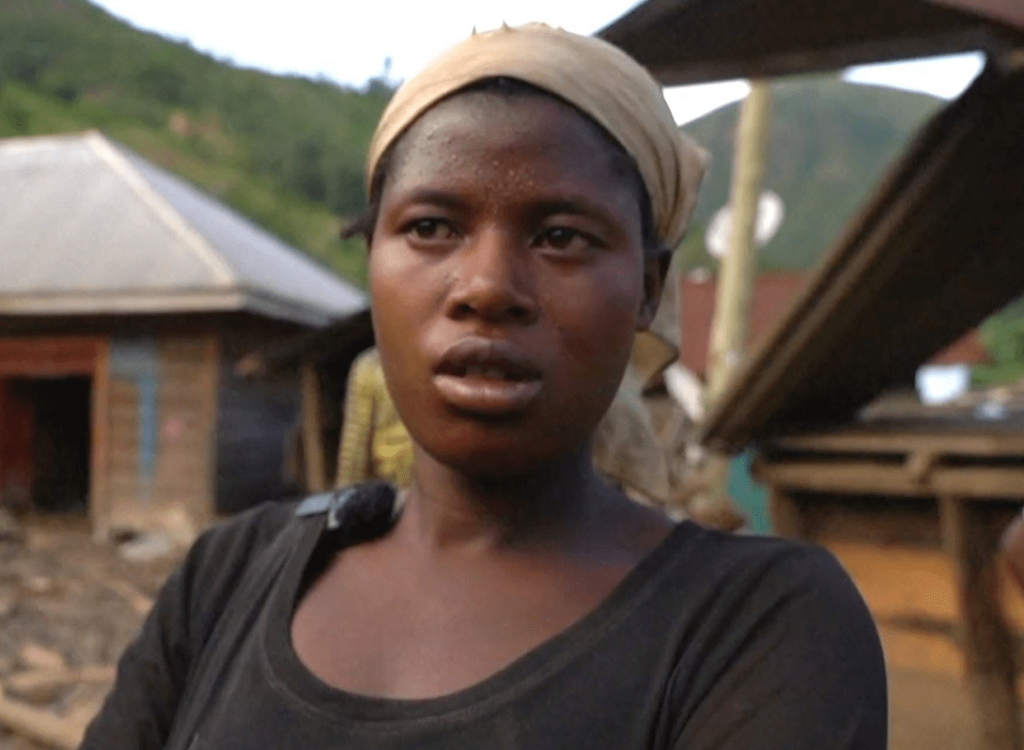
John Kashinzwet, a spokesperson for the Congolese Red Cross, has informed the BBC that more bodies are being found in an advanced state of decomposition. “Without a large-capacity morgue, safe burial must be done quickly, when identification by family members is possible,” he says.
Meanwhile, a representative from the medical charity Médecins Sans Frontières (MSF) has described the situation in the affected villages as a “humanitarian crisis” during an interview with the BBC’s Newsday program.
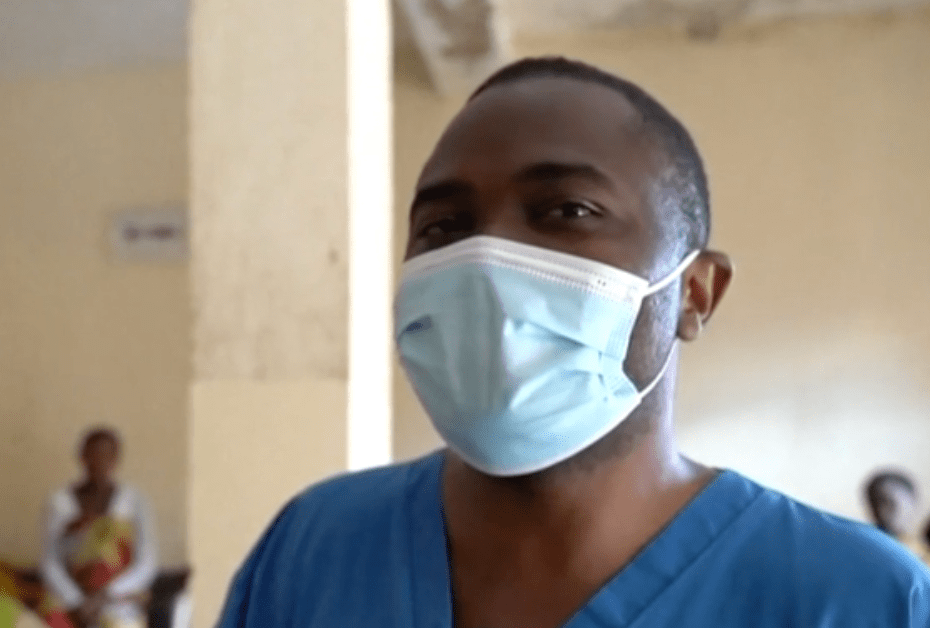
According to a video posted on Twitter by a local journalist, one of the rescued babies has a badly injured leg, as reported by a woman’s voice in the background. As per Delphin Birimbi, the local community leader, over 5,000 people are still missing, and rescue efforts are ongoing.
Civil society groups in the region have stated that 1,300 residential buildings, as well as schools, health facilities, churches, and water infrastructure, have been destroyed, with 200 people injured and in hospitals or health centres. Survivors of the disaster have expressed their anguish, with Gentille Ndagijimana telling the BBC that she had lost everything, including her family and her farm.
Many locals, including Nobel peace laureate Denis Mukwege, have criticized the government’s decision to bury flood victims in mass graves. Mr Birimbi has also criticized the government for not visiting the disaster sites, despite a national day of mourning being observed on Monday.
The heavy rains in the region came only a few days after floods in Rwanda that killed over 130 people. UN Secretary-General António Guterres has characterized the floods as yet another example of the accelerating effects of climate change.
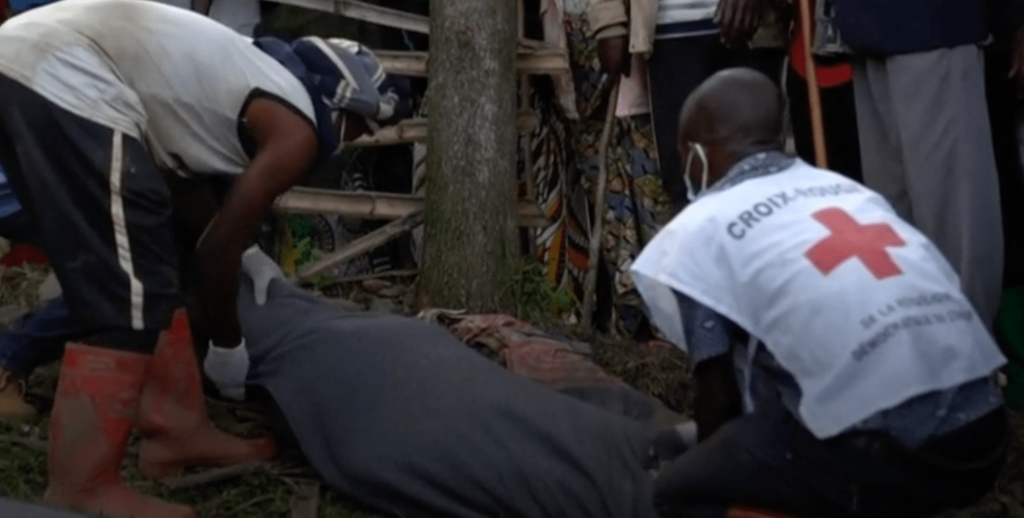
Flooding can have various causes, but climate change-induced warming of the atmosphere has been shown to increase the likelihood of extreme rainfall. The planet has already experienced a temperature increase of approximately 1.2 degrees Celsius since the industrial era began, and unless there are significant reductions in emissions by governments worldwide, temperatures will continue to rise.
